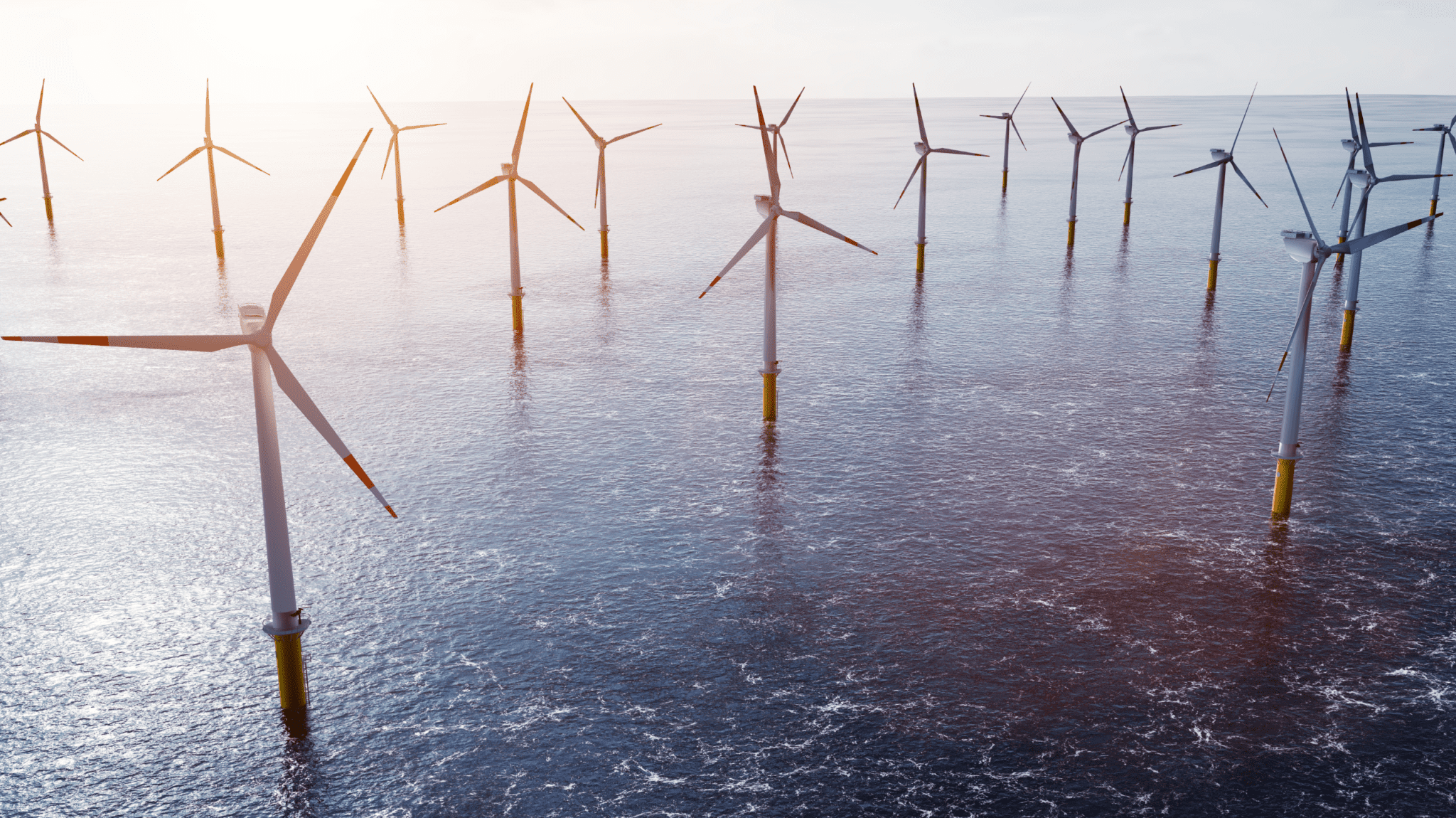
The last 5 years have proven to be very progressive, in terms of the availability of data for the day-to-day planning of an operating wind farm. However, some may say ‘too progressive’, to the point of data overload. Sennen has brought together a panel of experts to discuss what data is actually useful and what is potentially just noise, in their most recent webinar on “Separating the wheat from the chaff of offshore wind O&M data to maximise planning efficiency”.
This article explores a specific segment of the webinar; the importance of the relationships with original equipment manufacturers (OEMs).
Watch the full segment of Rafael Dawid from Sennen, David McMillan from Trios Renewables, Robin Price from Arup, Ed Hall from London Array and Sally Lockwood from Generating Better, explaining the importance of having a strong relationship with OEMs.
Sally kicks off the discussion by stating that the OEM relationship is really important and starts well before the OEM team is installed on the project. She elaborates on how it is crucial that developers write into their turbine supply agreements and specify with clarity that the data belongs to the project owners. Although it may sound obvious, Sally expresses how this particular step has been a ‘trip-up hazard’ in her time in offshore wind.
Continuing the discussion, Sally raises the point that once access to the data is obtained, it is very vital that the owner harvests that data to keep an independent source for themselves. This ultimately means that you don’t have to rely on the OEM every time you want to look at some SCADA results, as well as not having to rely on their service reports. Keeping an independent maintenance history right from day one means that you can manage the asset throughout its whole life with the support of the OEM, but also potentially if you want to move away from the OEM and do things on a more self-perform basis.
I think constantly passing on this knowledge of what’s achievable what’s best practice is vitally important.
. . .
The thing that grieves me the most is that, as an industry we still are not able to access and share failure rate data, and that is to the detriment of future projects, current projects, and local supply chain development. If I had one wish, it would be to have the OEMs share their failure rate data. To anonymize it and share it to the public domain.
Sally Lockwood from Generating Better
Following Sally’s point on failure rates, David touched on how in the early days, everyone was excited about the new Sparta and Catapult programmes, and how just because of the economic sensitivities around failure rates, everything was high-level in terms of reporting. He goes on to explain how these issues are discussed in ‘The Operators Forum’, specifically the difficulties in getting access to certain data like failure rates, which can be hard to come by unless you are interested in buying something from these OEMs.
It’s great that we have a lot of developers, like ScotWind which was a watershed moment for the offshore wind industry in the UK, with its numerous projects and different consortia.
David McMillan from Trios Renewables
Joining the conversation, Ed offers the other side of the argument, having sat on both sides of the table, with his 9 years of experience working for OEMs, and 5 years at London Array. Being able to see the balance between the two (OEMs and Operators), Ed shines a light on how OEMs are able to provide and deliver the really big complicated data that ultimately allow operators to extract value from their wind farms. As a counterpoint, he elaborates on Sally’s previous statement around failure rates and agrees on how in certain circumstances, OEMs have a confusing set-up, where everything becomes protected, as they try to look out for their business interests.
Talking about failure rates, Ed shares a great example from his experience, where if he wanted to understand failure data, he wouldn’t necessarily talk to the OEM because they’re no longer the best place to understand it anymore. This is because their focus is on developing new turbines and new technology, and less on keeping up with the service contracts of older operating assets. Ed concludes his argument with the notion that OEMs can’t spread themselves that broad to stay on top of some of the ‘Legacy’ elements, pointing out how he’s really seen a change over the last few years.
There needs to be a more thought-out or nuanced approach to what data can be shared, so that it’s actually in everyone’s best interest, versus what data needs to remain protected.
Ed Hall from London Array